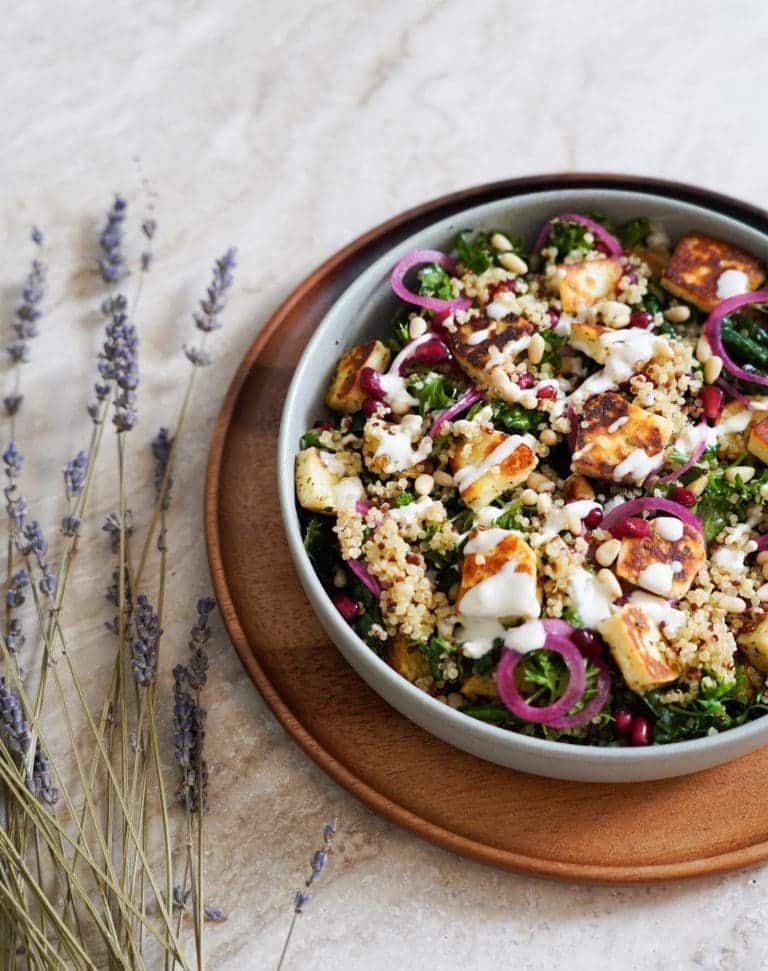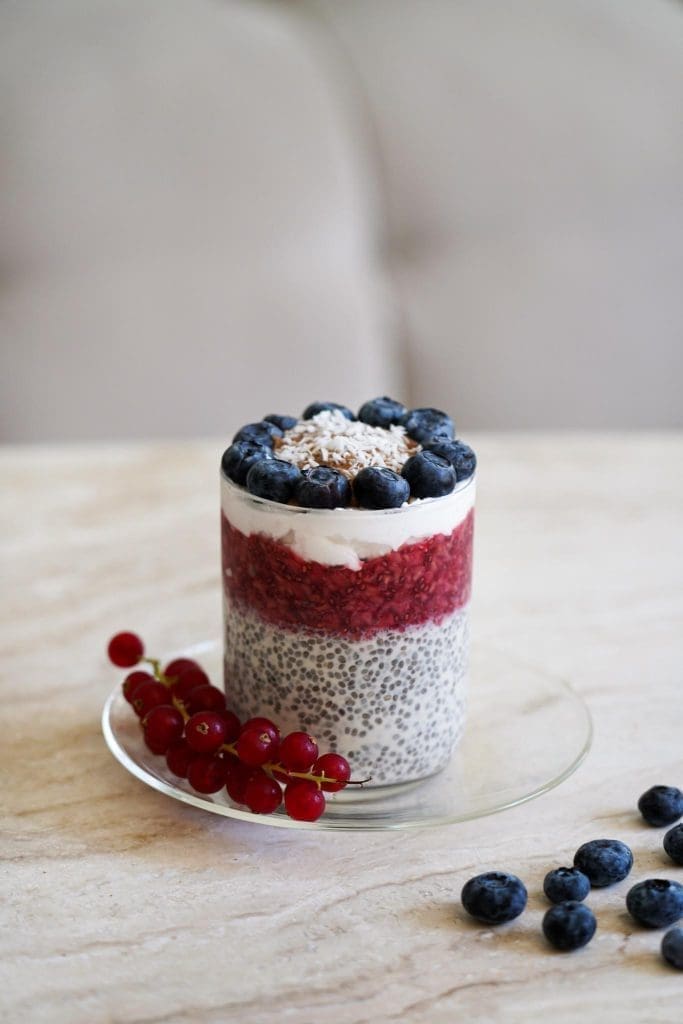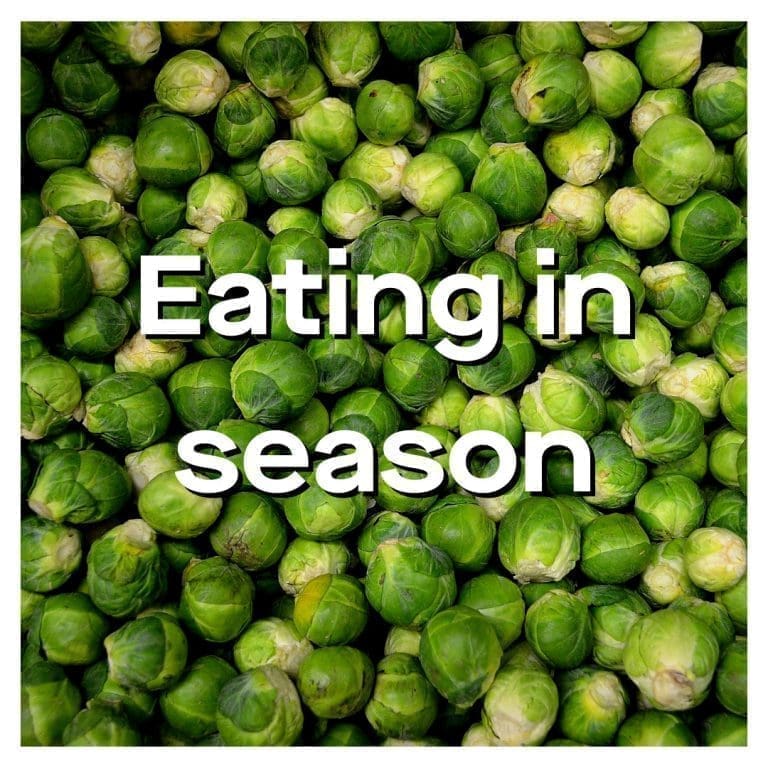Gut health has become a pretty hot topic, and not without reason. Maintaining a healthy gut is one of the best things you can do for your health!
Your gut is basically the part where we process all aspects of our food. Still, it has a much more significant role than digestion and assimilation of nutrients from the food you eat. It’s where trillions of tiny microbes live, and these microbes play an essential role when it comes to your overall health.
Your gut is also the place where the majority of your immune system (60+%) resides. As it turns out, the gut impacts nearly every other system and organ in our body. It plays a role in our hormone regulation, blood sugar, and even the health of our brain. Research also shows that the gut directly affects our mood (through serotonin production), behaviors and decisions.
If your gut is constantly exposed to irritants through your diet and toxins, it can become compromised. This can result in chronic fatigue, digestive problems, skin issues, brain fog, hormone imbalance, food sensitivities, mood swings, anxiety, depression, heart disease, cancer, diabetes, obesity. The list is endless!
How can you support a healthy gut?
There are two key elements when it comes to creating a healthy gut.
- What you can remove from your diet/lifestyle to limit harm to diversity
- What you can do to increase diversity and feed microbes
5 ways to reduce bad bacteria overgrowth:
- Limit highly processed, sugary junk foods and starch, factory-farmed animal products, and pesticide-laden foods.
- Reduce stress. Even short periods of stress have been shown to alter the gut microbiota.
- Limit the use of non-steroidal anti-inflammatory drugs (NSAIDS for short) such as Aleve and Ibuprofen. Using these for more than a few days in a row can significantly impact your microbiome.
- Reduce the use of antibiotics. Of course, if you need them – take them but be aware that they’re often over-prescribed and not always necessary. The average American is prescribed four to five rounds of antibiotics every year(!). Even one round can do some pretty hard damage to your gut microbiota.
- Avoid artificial sweeteners. They can disrupt the balance in your gut bacteria.
5 ways to increase good gut bacteria and improve gut quality:
- Eat a large variety of prebiotic and fiber-rich foods (this is what your gut bacteria eat). All non-starchy vegetables and fruits are great. Top sources include garlic, leeks, asparagus, artichokes, broccoli, avocados, berries, bananas, split peas, lima, black beans. Beans, oat bran, barley, flaxseed, nuts, and seeds contain a lot of fiber as well.
- Include bone broth in your diet. Bone broth is full of gut-healing and soothing nutrients such as collagen and gelatin.
- Consume fermented food. These are bacteria-filled such as kimchi, sauerkraut, pickled vegetables, miso, tempeh, coconut yogurt (unsweetened), and kefir.
- Incorporate healthy fats into your diet (olive oil, coconut oil, avocado, nuts and seeds, fatty fish such as wild salmon)
- Limit gut triggering foods such as gluten (the protein found in barley, wheat, rye, and couscous). Gluten has been found to damage the lining of your gut, even when you’re not sensitive/intolerant to gluten.
Are you struggling with digestive issues, or do you want to learn more about gut health? Book a 15-min call via mijn website.
Kim Bos, Health Coach












